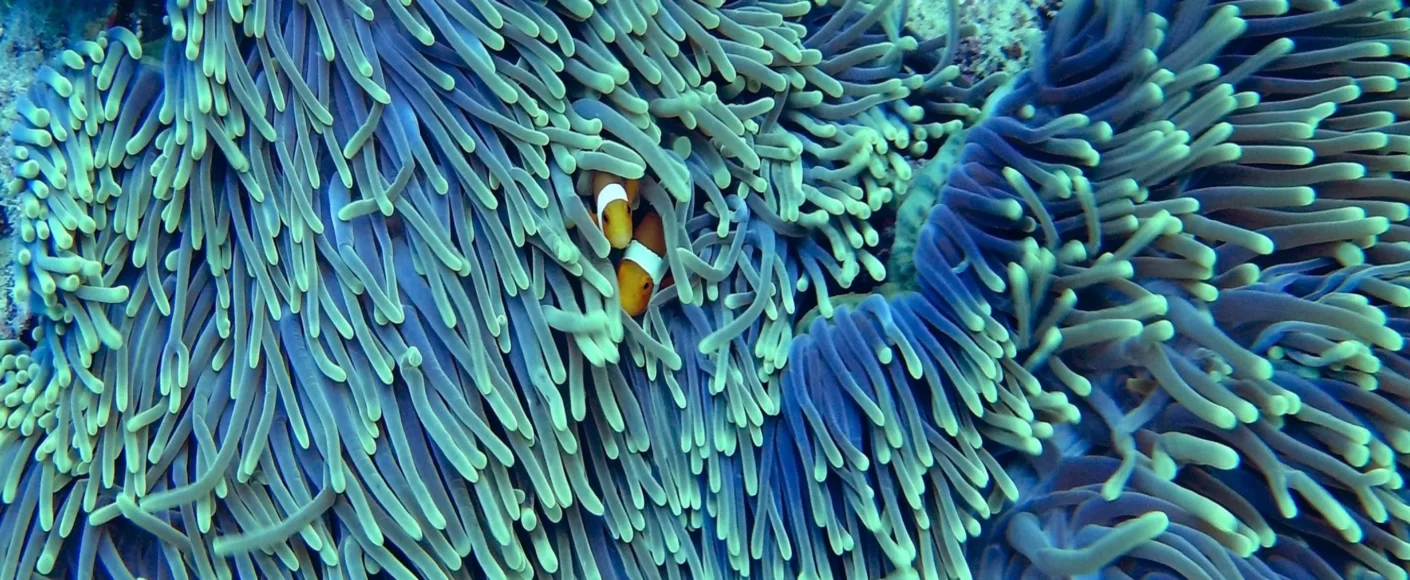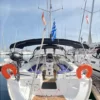IS SAILING ECOLOGICAL?

Is sailing ecological?
Sailing is a beautiful and fascinating sport that has become increasingly popular in recent years among people who want to take a break from the hustle and bustle of the city and go out on the water. However, with growing ecological awareness and the need to protect the environment, questions arise about the impact of this activity on nature. Is sailing ecological? In this article we will try to answer this question by discussing the following points:
- Sailing and CO2 emissions – what is its actual importance and what are the ways to reduce it?
- Protection of marine fauna and flora – how does sailing affect it and how can we prevent damage?
- Ochrona fauny i flory morskiej – jak wpływa na nią żeglarstwo i jak możemy zapobiegać szkodom?
- Protection of marine fauna and flora – how does sailing affect it and how can we prevent damage?
Sailing and CO2 emissions – what is its actual importance and what are the ways to reduce it?
Carbon dioxide (CO2) emissions from sailing, while lower than other forms of transport, still have an impact on the environment. According to research, one hour of sailing on a yacht can emit as much CO2 as a car traveling 100 kilometers. However, there are ways to reduce CO2 emissions from sailing, such as using sails instead of engines, minimizing electricity consumption on board, and using biofuels.
Moreover, the development of technologies related to alternative drives, such as solar panels or windmills, opens up new opportunities to reduce CO2 emissions in shipping.
It is also worth remembering to choose the right fuel and regularly service the engine, which contributes to reducing fuel consumption and emissions of harmful compounds.
Protection of marine fauna and flora – how does sailing affect it and how can we prevent damage?
Sailing has an impact on marine fauna and flora, especially near popular sailing routes. Coral reefs are particularly vulnerable to the harmful effects of shipping, as they are home to many species of marine animals and plants. Sailors should therefore follow designated sailing routes to avoid harming nature.
It is also worth remembering to behave responsibly when mooring so as not to damage the seabed or coastal vegetation.
Another important aspect of protecting marine fauna and flora is controlling waste generated on board yachts, such as garbage, oil or chemicals, which should not be thrown into the sea. Following these rules will not only help preserve the natural environment, but also keep water clean and healthy for people and animals.
Water management and waste – what problems are associated with sailing and what practices can help solve them?
Water and waste management is an important aspect to consider in the context of sailing. Many sailors use a seawater pump to obtain drinking water on board, which can lead to water pollution.
For this reason, it is worth using water purification systems that will allow you to obtain clean water without damaging the environment. Additionally, sailors should avoid polluting the water with sewage, oil or other substances that are harmful to the environment.
It is worth using special systems for waste collection and disposal, such as on-board composters, and following the principles of selective waste segregation. These simple practices will help keep the waters clean and minimize the negative impact of sailing on the natural environment.
Social responsibility of sailors – what are their responsibilities towards the environment and what actions should they take to promote the sustainable development of sailing?
Social responsibility of sailors – what are their responsibilities towards the environment and what actions should they take to promote the sustainable development of sailing? Sailors have an important role in protecting the environment and the sustainable development of sailing.
First of all, designated sailing routes and environmental protection regulations, such as the principles of selective waste segregation and the protection of marine fauna and flora, must be observed.
In addition, sailors should encourage the sustainable development of sailing by using ecological solutions, such as sails instead of engines, using water purification systems or alternative energy sources.
It is also important to promote ecological awareness among other sailors and tourists who use water areas. Thanks to this, sailors can contribute to protecting the natural environment and preserving it for future generations.
Summary
To sum up, sailing is an activity that has an impact on the natural environment. CO2 emissions, water pollution, protection of marine fauna and flora, as well as water and waste management are the most important aspects to pay attention to in the context of ecological sailing.
Sailors should follow environmental protection rules, use ecological solutions and promote the sustainable development of sailing. Thanks to this, sailing can become an activity that not only provides pleasure, but also protects and preserves the natural environment for future generations.






